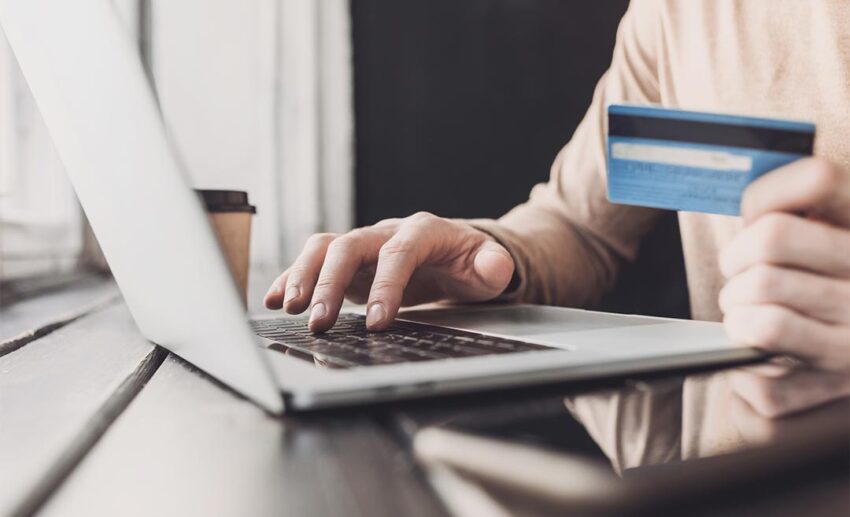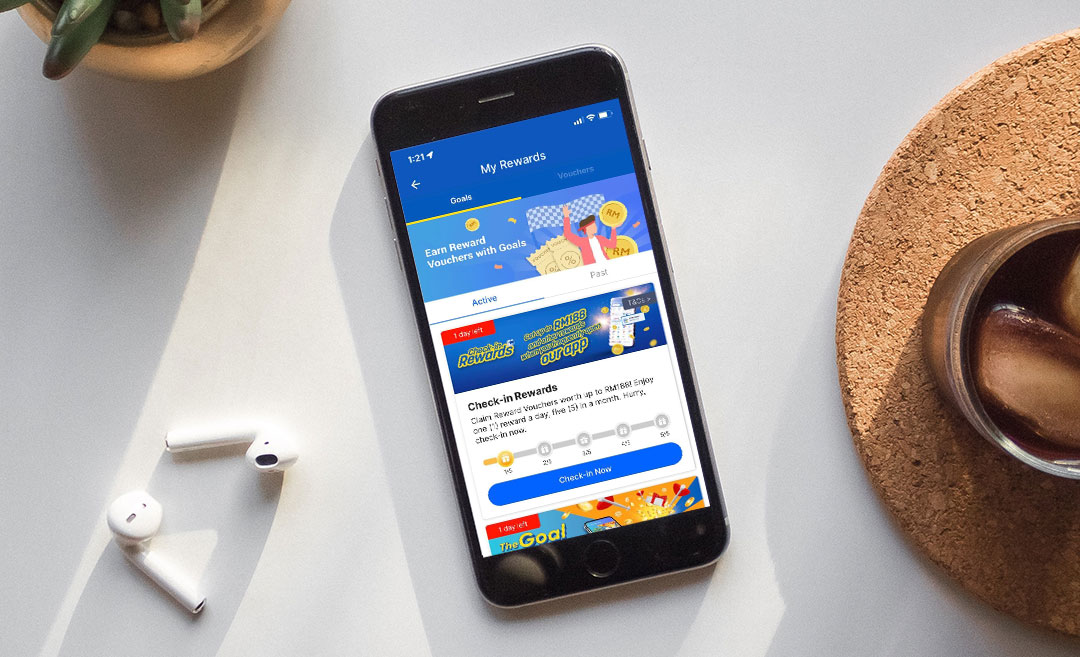Ensuring safety during travel is crucial in an age where digital lives are intricately linked to physical experiences. As smartphones transition from mere communication tools to essential travel partners, it becomes paramount for every woman traveller to be digitally astute, keeping her online presence and personal data secure.
That said, here’s how to maintain digital security throughout your travels:
1. Fortify your digital defences
In today’s connected age, you need more than physical vigilance to outsmart pickpockets and thieves. You must start by fortifying your devices with robust passwords. Avoid obvious choices like birthdays or names; instead, opt for a mix of characters, numbers, and symbols to create a password that’s hard to crack.
Moreover, the allure of public Wi-Fi is undeniable, especially when you’re travelling and need to connect. But beware, as cybercriminals often set up false Wi-Fi hotspots in high-traffic tourist areas where many travellers, keen to share updates or find directions, unknowingly become targets.
Always use a virtual private network (VPN) when accessing public networks. It ensures your data remains encrypted and shielded from prying eyes.
2. Update and backup regularly
Before setting off on your adventure, ensure all your gadgets are up to date. Software updates are not mere feature upgrades; they often come packed with security patches that shield against the latest cyber threats. It’s a pre-emptive measure that can save you a lot of distress later.
Backing up regularly is also important. All your essential data, including photographs, contact details, and documents, should have a duplicate stored in a safe space like a physical external drive. That way, you won’t lose your treasured memories or vital documents if your device gets misplaced or stolen.
3. Limit location sharing

While it’s tempting to instantly share that picturesque sunset or a snap of your dinner plate, it’s wise to exhibit restraint. Immediate location sharing essentially broadcasts that you’re not home, making you a potential target. Post your memories after leaving a place, ensuring your home and current location remain secure.
Furthermore, review the apps on your smartphone because many of them unnecessarily track your location. Disable location services for apps that don’t need them. It’s not just a safety measure; it can also help extend your device’s battery life.
4. Be wary of public charging stations
Low battery notifications can induce panic, especially while travelling. In this scenario, public charging stations seem like saviours, but there’s a hidden risk. There have been instances where these are tampered with to extract data from unsuspecting users. Whenever using such stations, a USB data blocker can be invaluable as it facilitates charging while protecting data.
For frequent travellers or tech enthusiasts, investing in a personal portable charger is a worthy decision. Not only do they free you from the hunt for charging points, but they also guarantee safety, ensuring your device remains uncompromised.
5. Monitor your accounts

Regularly checking your bank and credit card statements can be the difference between spotting an unauthorised transaction early and being taken for a financial ride. By enabling instant transaction alerts with your bank, you can get real-time updates and immediately be prompted of any fishy activity.
Before travelling, inform your bank about your itinerary. They have sophisticated algorithms to detect unusual activity, and a transaction in a new location can raise a flag. Informing them in advance ensures the smooth use of your cards and a secondary watchful eye on your transactions.
6. Limit data roaming
Data roaming can be a silent cost accumulator and a security concern. Whenever possible, it’s best to turn it off. Depend instead on trusted Wi-Fi networks or invest in a local SIM card, which is often more economical and provides faster connectivity.
Relying on local SIM cards has a twofold advantage. Apart from being cost-effective, they reduce dependence on unfamiliar networks. It gives you control over connecting to networks you trust and safeguarding your data from potential threats.
7. Guard against social engineering

Social engineering is a tactic where tricksters manipulate individuals into giving up confidential information. It can happen in person, over the phone, or via email. When travelling, you might receive calls or texts claiming to be from your hotel, tour operator, or even your bank. Therefore, it’s always best to verify before sharing any details.
Look out for emails that appear legitimate but aim to steal your information. Scrutinise email addresses, avoid clicking on unfamiliar links, and never download attachments from unknown senders.
The takeaway
Travel is an enriching experience, one that allows you to create new memories, insights, and stories. However, in this digitally connected era, it also brings unique challenges. By adhering to these digital safety guidelines, you empower yourself, ensuring that your travel stories remain joyful recountings and not cautionary tales. Stay informed, stay safe, and make every journey a delightful adventure.



